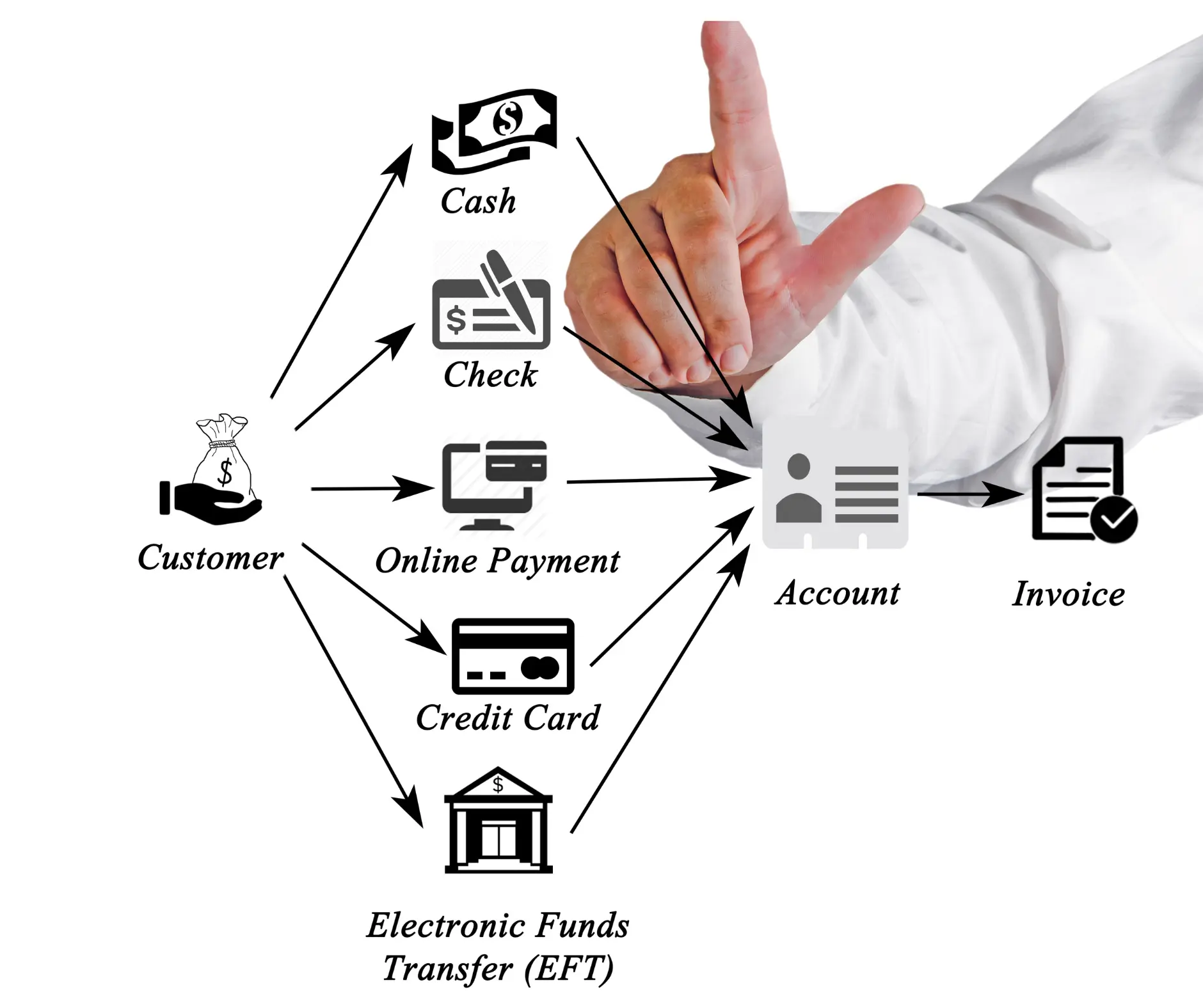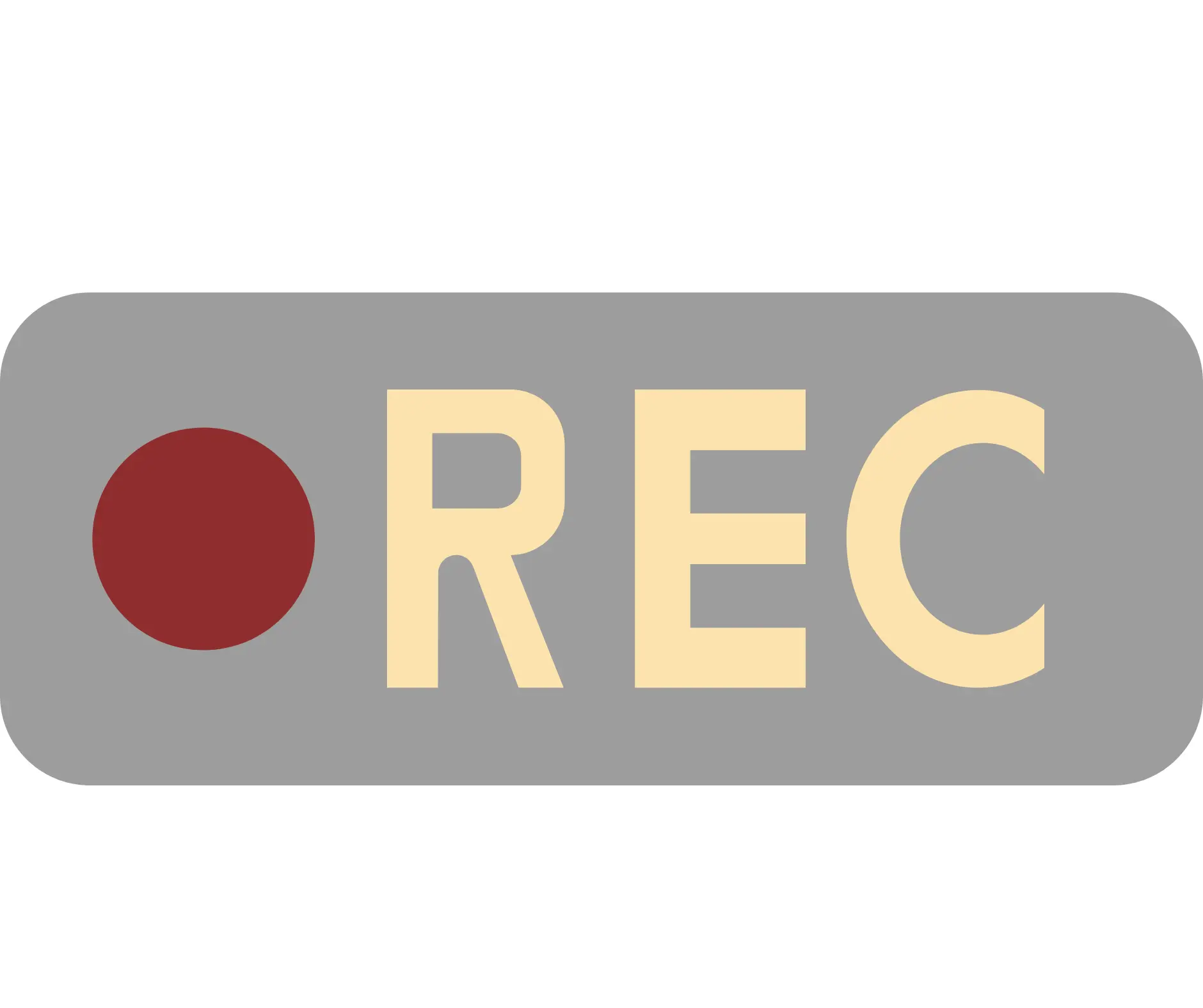Malcolm ZoppiSun Oct 15 2023
Is a Verbal Agreement Legally Binding? Understanding the UK Law
Is a Verbal Agreement Legally Binding? Discover the UK Law and How to Prove It in Court. Learn More Now
When it comes to agreements, many people may wonder whether a verbal agreement is legally binding. While it’s common to associate agreements with written contracts, it’s important to understand that verbal agreements can also hold weight in the eyes of the law. In certain circumstances, a verbal agreement can be just as enforceable as a written one, provided that it satisfies specific criteria.
To determine if a verbal agreement is legally binding, one must consider the key elements that constitute a legally valid contract. These elements include an offer, acceptance, consideration, and the intention to enter into a legally binding relationship. Essentially, verbal agreements can hold up in a court of law, but proving the existence of such an agreement and its terms can be challenging.
Key Takeaways
- Verbal agreements can be legally binding if they satisfy key contractual elements.
- The enforceability of a verbal agreement depends on the ability to prove its terms and existence.
- Obtaining legal advice and recording verbal agreements can aid in resolving disputes effectively.
Understanding the Concept of a Verbal Agreement
A verbal agreement is a type of contract formed through spoken communication rather than a written documentation or a written agreement. In these oral agreements however, you and the other party discuss and agree on specific terms related to a particular matter. This could occur in person, through a phone conversation, or any other form of verbal communication.
In the UK, a verbal agreement can be legally binding if it satisfies the four essential elements of a contract, which include offer, acceptance, intention to create legal relations, and consideration.
The first element, offer, refers to one party presenting a proposal to the other party with clearly defined terms. For instance, you may offer to sell your car to a friend at a specified price, allowing your friend to consider purchasing it.
Next comes acceptance, where the other party accepts your offer and agrees to the terms, forming a mutual understanding. For example, your friend may agree to buy your car at the proposed price, thus finalising the verbal agreement.
Another aspect to consider is the intention to create legal relations. Both parties must express their intention to enter a binding agreement. This can be inferred from the context of business negotiations and the nature of the agreement.
Lastly, there should be an exchange of value or consideration between the parties. This can be in the form of money, goods, services, or even promises to perform or not perform a specific action. In our car sale example, your friend’s payment for the car would be the consideration.
Although verbal agreements can be legally binding, enforcing them in court can be challenging due to the lack of written evidence. To help minimise conflicts or disputes, it’s advisable to have a written contract whenever possible. However, it’s essential to understand that verbal agreements are not without legal significance and should be treated with care.
Key Elements of a Legally Binding Agreement
Offer and Acceptance
In order for a verbal agreement to be legally binding, the first key element should be the presence of an offer and its acceptance. One party makes an offer, expressing their willingness to enter into a contract with another party on certain terms. The other party must then unconditionally agree to these contract terms, for the agreement to be considered legally binding.
Consideration
Consideration is the second key element, which refers to something of value that is exchanged between the parties in the contract. This value is often monetary, but it can also be a promise to do something, or even a promise not to do something. Both parties must provide consideration in some form for the agreement to be legally binding.
Intention to Create Legal Relations
The third element needed for a legally binding agreement is the intention to create legal relations. The parties involved must have the intention to enter into a legally binding contract for the agreement to have any legal force. This intention should be clear and not hidden or ambiguous.
Capacity
Finally, for a verbal agreement to be considered legally binding, both parties must have the capacity to enter into a contract. This means that each party should be of legal age, sound mind, and not under any undue influence or duress. The capacity to enter into a contract legally ensures that all parties are aware of, and understand, the implications and consequences of entering into a legally binding agreement.
By fulfilling these key elements – offer and acceptance, consideration, intention to create legal relations, and the legal capacity” – you can ensure that your verbal agreement has the potential to be legally binding. Remember to always seek legal advice when dealing with complex matters or when in doubt about the validity of a contract.
Evidence in Verbal Agreement Disputes
Role of Witnesses

In a dispute involving a verbal agreement, witnesses can play a crucial role in establishing the validity of the agreement. A witness who has heard the verbal agreement being made can provide a statement to testify in support of your claim. This may help you prove the existence and terms of the agreement. It is important for witnesses to be credible and impartial; a witness with a vested interest in the outcome of the dispute may not be considered as reliable. The more witnesses you have corroborating your version of events, the stronger your case becomes.
Importance of Proof of Payment

To further support your claim involving a verbal agreement, providing proof of payment can be essential. This could include bank statements, receipts, invoices, or transaction records confirming that payment was made in relation to the agreement. Proof of payment can serve as evidence of the existence of the agreement as well as demonstrating the performance of one party’s obligations. It is advisable to retain all documentation related to the transaction for future reference in case a dispute arises.
Conduct as Evidence
The conduct of both parties can also be used as evidence to support the allegations regarding the verbal agreement. This may include:
- Consistent behaviour: If both parties have acted consistently with the alleged terms of the verbal agreement, this can be seen as evidence supporting the existence and content of the agreement.
- Written communication: Emails, texts, or other written correspondence relating to the agreement can help establish the existence and terms of the verbal agreement, despite the lack of a formal written contract.
- Subsequent agreements: If the parties entered into subsequent written agreements referencing the verbal agreement, this can also be seen as evidence that the verbal agreement existed.
In summary, to prove the existence and conditions of a verbal agreement in a dispute, it is crucial to gather evidence such as witness statements, proof of payment, and conduct demonstrating the parties’ understanding of the agreement. This can help you build a convincing case and increase your chances of success in resolving the dispute.
The Role of a Solicitor

As a solicitor, your role in the context of verbal agreements is crucial in ensuring that the contract is legally binding and can be enforced in a court of law. Solicitors specialise in different areas of law, and contract solicitors, in particular, focus on drafting, reviewing, and negotiating contractual agreements.
In a situation where a verbal agreement is in dispute, solicitors can provide guidance on whether the agreement is legally binding. They can help you understand if the necessary elements of a legally binding contract are present, such as offer, acceptance, consideration, and the intention to create legal relations. Your solicitor can also assist you in gathering evidence to prove the existence of the same verbal contract legal agreement in court.
Should a dispute arise regarding a verbal agreement, solicitors play a vital role in dispute resolution. They may recommend mediation as an alternative dispute resolution method, which is a more cost-effective, quicker, and flexible way to resolve disputes, compared to going to court. In mediation, an independent third party facilitates communication between the parties to help them reach an agreement. Your solicitor can accompany you during mediation and provide advice to ensure that your interests are protected.
If the dispute cannot be resolved through mediation or other means, your solicitor can represent you in court. They will prepare and present your case, using their expertise to argue for the enforcement or challenge of the verbal agreement in question.
While the role of a solicitor is not to make promises or agreements legally binding, their knowledge and expertise in contractual law can prove invaluable when dealing with verbal agreements and any subsequent disputes that may arise. By consulting a solicitor, you can better understand your rights and options in relation to verbal agreements, allowing you to make informed decisions and navigate a potentially complex legal landscape.
Importance of Recording in Verbal Agreements
In verbal agreements, it is crucial to record the terms and conditions to ensure clarity and avoid misunderstandings. Keeping a note of the key points discussed can help to prove the existence of a legally binding contract if a dispute arises.
One effective way to record the details of a verbal agreement is by putting them in writing. Text or email communications between the parties involved can serve as evidence of the contractual elements, such as the offer, acceptance, and consideration. Be sure to include essential information, like the names of the parties, the agreed-upon terms, the date of the agreement, and any other relevant details.

Another method of recording verbal agreements is by using audio or video recordings. While this may not always be practical, it can provide clear evidence of the conversation and terms agreed upon by both parties. However, before proceeding with this approach, ensure you have received consent from all parties involved to avoid violating privacy laws.

In addition to these methods, maintaining a record of any actions taken related to the agreement can also serve as supporting evidence of its existence and enforceability. For example, if parties have exchanged goods or services, keep receipts, invoices, or any other relevant documents that outline the specifics of these transactions.
Utilising these recording methods not only helps to avoid potential conflicts but also strengthens the credibility of your verbal agreement. Remember, proving a verbal agreement in court can be challenging, so taking the time to document your agreement is a worthwhile investment in protecting your interests.
Dispute Resolution Process
In the event of disputes involving verbal agreements, the dispute resolution process can help to resolve issues and reach a fair outcome. Although verbal agreements are legally binding, they can often be difficult to prove in a court of law due to the lack of tangible evidence.
When facing a dispute, your first step should be to engage in open communication with the other party. Attempt to discuss and clarify the terms of the verbal agreement, and if possible, reach a mutual understanding or compromise. This may help to resolve the issue without involving further legal action.
Should negotiations fail, you might consider using alternative dispute resolution (ADR) methods. ADR includes mediation, arbitration, or conciliation, where an impartial third party helps you and the other party resolve the dispute amicably. These methods are usually less formal and less costly than going to court, and can also be more flexible in terms of decision-making processes and outcomes.
However, if all other options have been exhausted and the dispute persists, you may choose to seek legal advice and take the matter to a court of law. In court, a judge will examine the evidence presented by both parties and make a decision based on the merits of the case. When it comes to verbal agreements, evidence might include witnesses who were present at the time the agreement was made. Keep in mind that proving a verbal contract in court can be challenging, due to its intangible nature.
In summary, while verbal agreements are legally binding, disputes involving these contracts can be complex. Your approach to dispute resolution should involve communication, negotiation, ADR methods and, if necessary, legal action through a court of law. Throughout the process, maintain a confident, knowledgeable, and neutral tone, while presenting your case clearly and effectively.
Frequently Asked Questions
Are verbal agreements enforceable in employment law?
Yes, verbal agreements can be enforceable in employment law. However, there are some exceptions, such as Settlement Agreements between employers and employees. It is always recommended to have a written contract for employment to clearly outline the terms of the agreement and avoid potential disputes.
How do you prove a verbal agreement in court?
Proving a verbal agreement in court can be challenging due to the lack of written evidence. However, evidence could come from witnesses who were present during the agreement, correspondence such as emails and texts, or proof that one party has acted according to the agreement.
What are some examples of verbal contracts?
Examples of verbal contracts can include agreements to purchase goods or services, provide maintenance or repair work, or agree to terms of payment for specific tasks. These agreements can be legally binding if they meet the three requirements of contract formation: a valid offer and acceptance, the intention to create legal relations, and consideration.
Can a verbal agreement be broken legally?
Yes, a verbal agreement can be legally broken if it is found to be invalid or not legally binding. Common reasons for a verbal agreement to be considered unenforceable include a lack of consideration, uncertain terms, or illegality. In such cases, the parties involved are no longer obliged to fulfil the terms of the agreement.
How long are verbal agreements valid?
The length of validity for a verbal agreement can vary depending on the type of agreement and the specific terms involved. Some agreements may have express or implied time limits, while others may not. It is a good practice to discuss and agree on a timeframe with the other party during the verbal agreement process.
Do verbal contracts differ from written ones?
Both verbal and written contracts are legally binding and enforceable if they meet the requirements of contract formation. However, written contracts provide a clear and documented record of the terms, making them easier to prove and enforce in the event of a dispute. Additionally, some types of agreements, such as land sales or leases, are required by law to be in writing.
Find out more!
If you want to read more in this subject area, you might find some of our other blogs interesting:
- Step-by-Step Guide on How to Transfer Shares to a Holding Company
- Breach of Settlement Agreement: Consequences and Remedies Explained
- Who Gets the Money When a Company is Sold?
- What is a Counter Offer in Contract Law? Explained Simply and Clearly
- Understanding the Costs: How Much Do Injunctions Cost in the UK?
Disclaimer: This document has been prepared for informational purposes only and should not be construed as legal or financial advice. You should always seek independent professional advice and not rely on the content of this document as every individual circumstance is unique. Additionally, this document is not intended to prejudge the legal, financial or tax position of any person.
